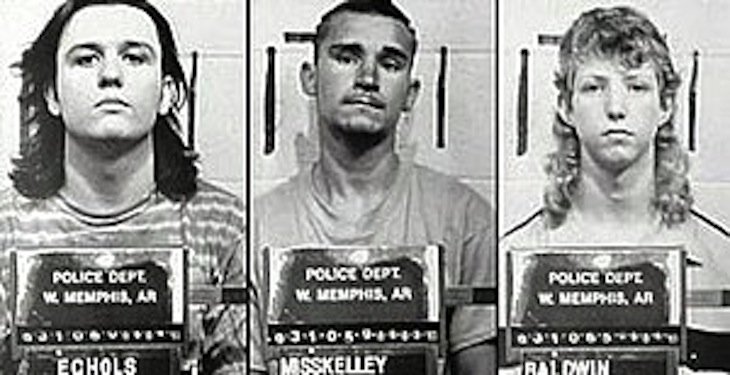by George Jared (gjared@talkbusiness.net)
Pam Hobbs had one more motherly task to perform for her 8-year-old son, Stevie Branch. He along with his two friends, Christopher Byers and Michael Moore, were murdered May 5, 1993, in West Memphis. His lifeless body was at the funeral home, but he still needed her.
He needed socks. With tears in her eyes, Pam Hobbs said she slipped them onto her only boy. At that moment, she had no clue as to who ended her son’s life.
Advanced DNA testing may finally reveal who took Stevie’s, Christopher’s and Michael’s lives.
Broader DNA and genetic testing to be requested in West Memphis Three case
Damien Echols, Jason Baldwin and Jessie Misskelley Jr., were convicted of the murders of three 8-year-old boys in West Memphis in 1993.




